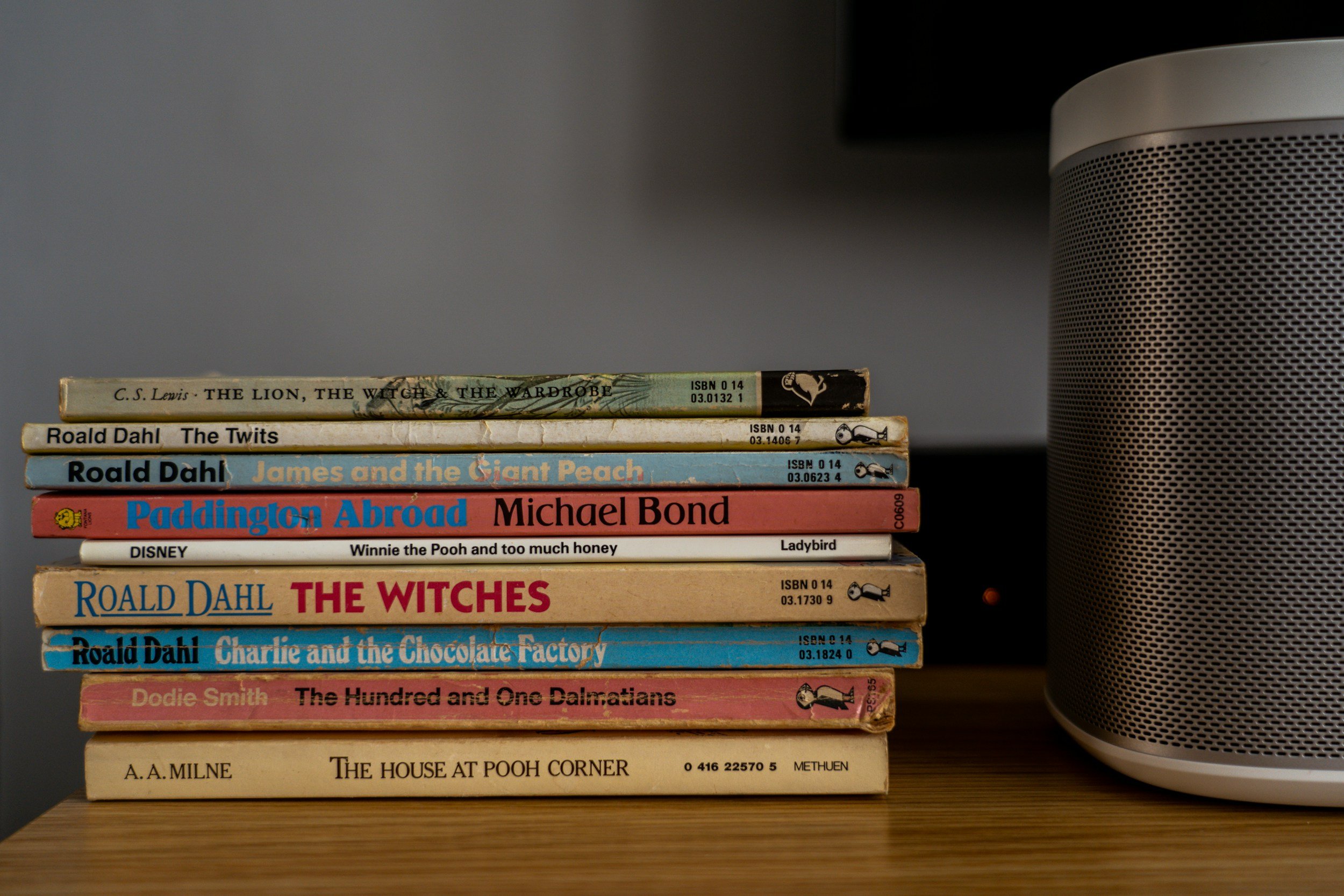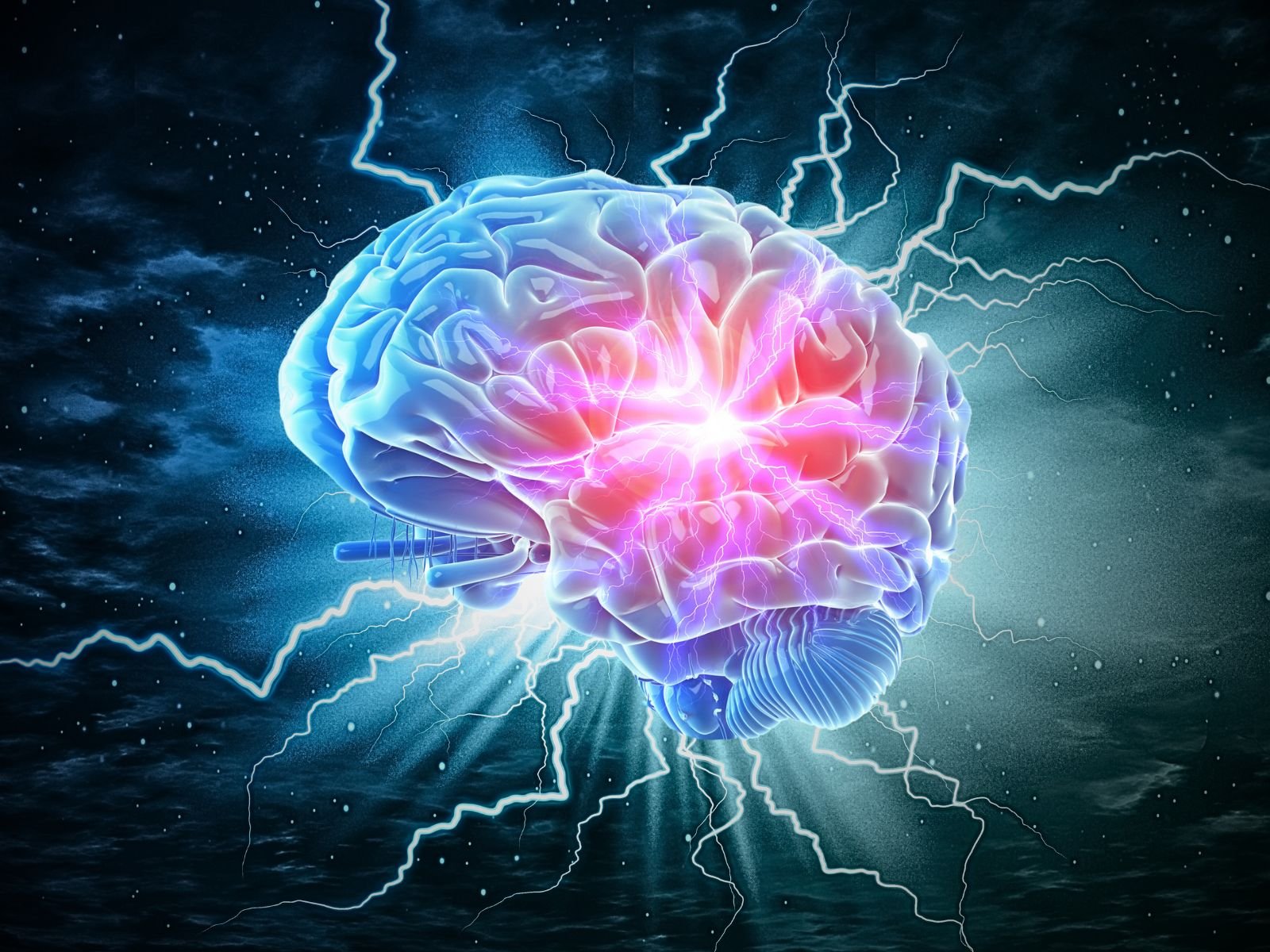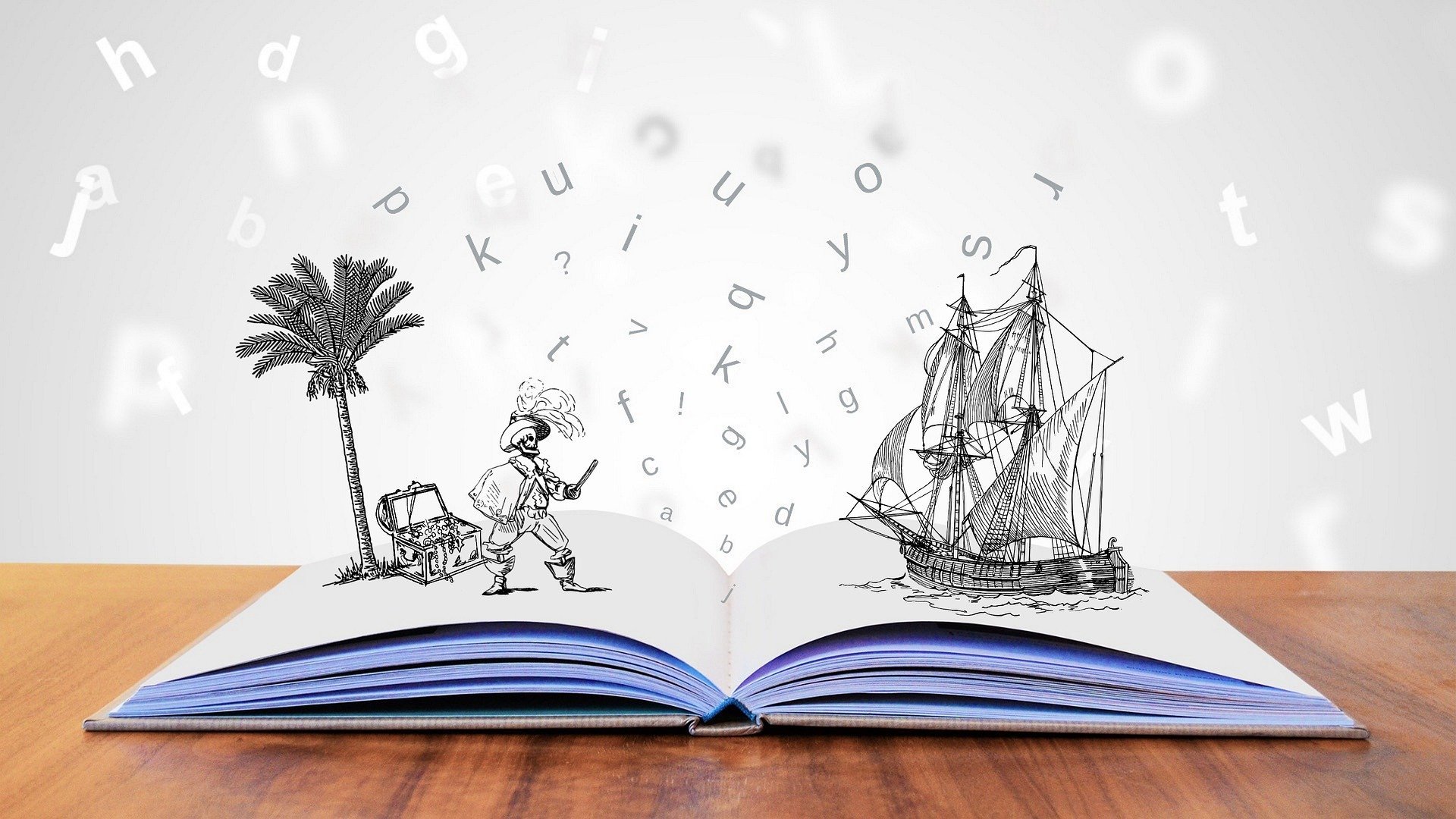
True Crime: These Cases Are Real
True crime is more than just shocking cases—it’s a genre that explores human psychology, justice, and society’s response to crime. Whether studying law enforcement for storytelling or seeking insight into the human mind, true crime offers a compelling and often unsettling look at real-life mysteries.

Writing Lyrics and Music: Start with Authentic Emotion
Writing authentic lyrics and music starts with emotion. Whether you're crafting a heartfelt ballad or an energetic anthem, connecting with real emotions—your own or those of your audience—is key. This article explores techniques for writing with authenticity, using imagery, hooks, and musical composition to enhance emotional impact.

The Skinny on Writing Children’s Chapter Books
Writing children's chapter books is a rewarding endeavor that bridges early readers and middle-grade literature. Learn the key elements, from word count and vocabulary to humor and adventure, that make these books engaging for young readers.

How to Get Your Book Made into a Movie: Why Some Books Don’t Make Good Movies
Not every book is suitable for turning into a movie. Successful adaptations must balance the book’s essence with the film’s limitations, which is often more challenging than most book writers would like to consider.

Brainstorm
Brainstorming is a limitless, ever-evolving process that fuels creativity. Ideas may come and go, but each one holds the potential to spark something extraordinary. Capture them, explore them, and let them guide your writing to new heights.

Beginnings and Endings: Do They Ever Begin or End?
Beginnings and endings in storytelling are never absolute—they exist within a continuum of narratives that shape and influence us. Understanding this literary stream allows writers to create with awareness, originality, and purpose.

Realistic Writing: The Art of Implying and Suggesting
Realistic writing reflects the truth of the seen world by implying and suggesting rather than revealing everything. Learn how to create authentic characters and situations by embracing the unknown.

The Endless Possibilities of Plots: Breaking Free from Limitations
Plots are not limited to a fixed number; they are as endless as life itself. Writers should embrace originality and creativity, crafting plots that capture the complexity of life, relationships, and character arcs.

The Art of Creativity: Breaking Rules, Finding Precedence, and Sharing Stories
Creativity is a complex process that involves breaking rules, recognizing cultural influences, and advancing the discipline. For creativity to reach its full potential, it must be shared with others and break free from its vacuum. Writers must know precedence, but also push beyond it to create something original and lasting.

The Power of Growth
Writing is a journey of constant growth. Each project allows us to explore new territories, evolve, and create distinct narratives. Embrace change in yourself and your work to continue growing as a writer.

The Power of Writing: Understanding Yourself
Writing is not magical, but a process of self-exploration and communication. Learn how writing helps you make sense of the world and share your thoughts with others.

Creating Engaging and Active Literary Experiences
Writing should be an engaging, active experience—not just for the writer but for the reader as well. By evoking emotions, using vivid language, and crafting compelling conflicts, we create literary works that truly resonate.

If You Want To Write A Page-Turner
If you want to write a page-turner, you need action—on every page. Whether it’s physical, emotional, or suspenseful, action is the key to keeping readers engaged and turning the pages. Learn how to incorporate action into your writing and keep the suspense high.